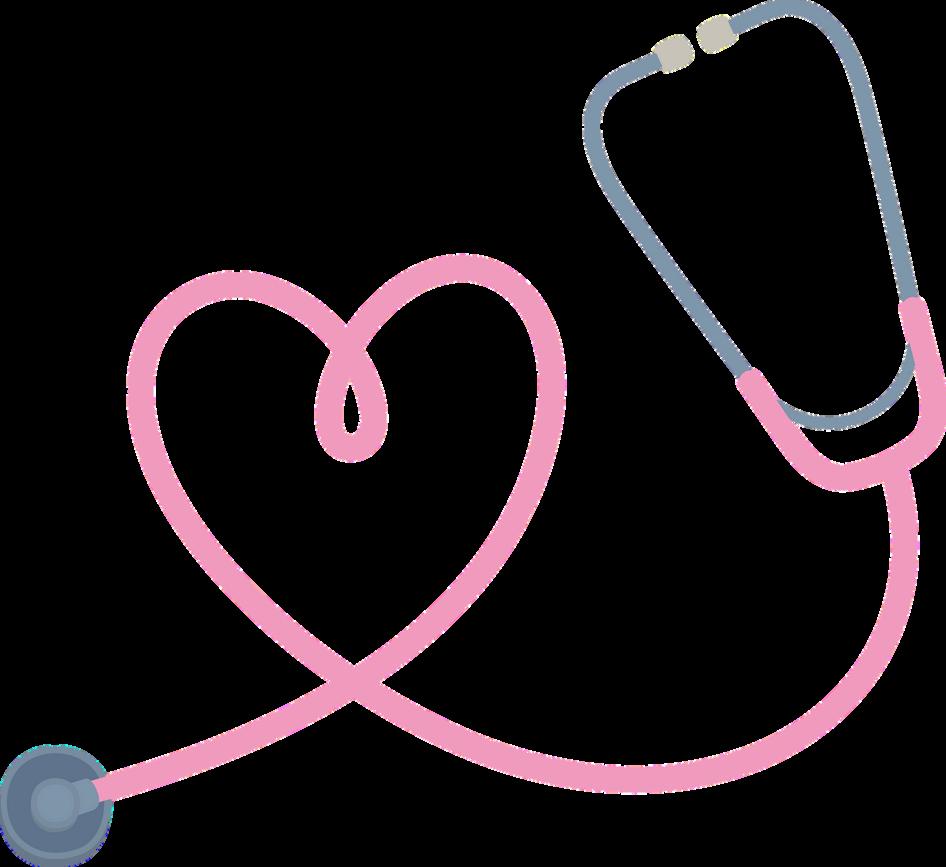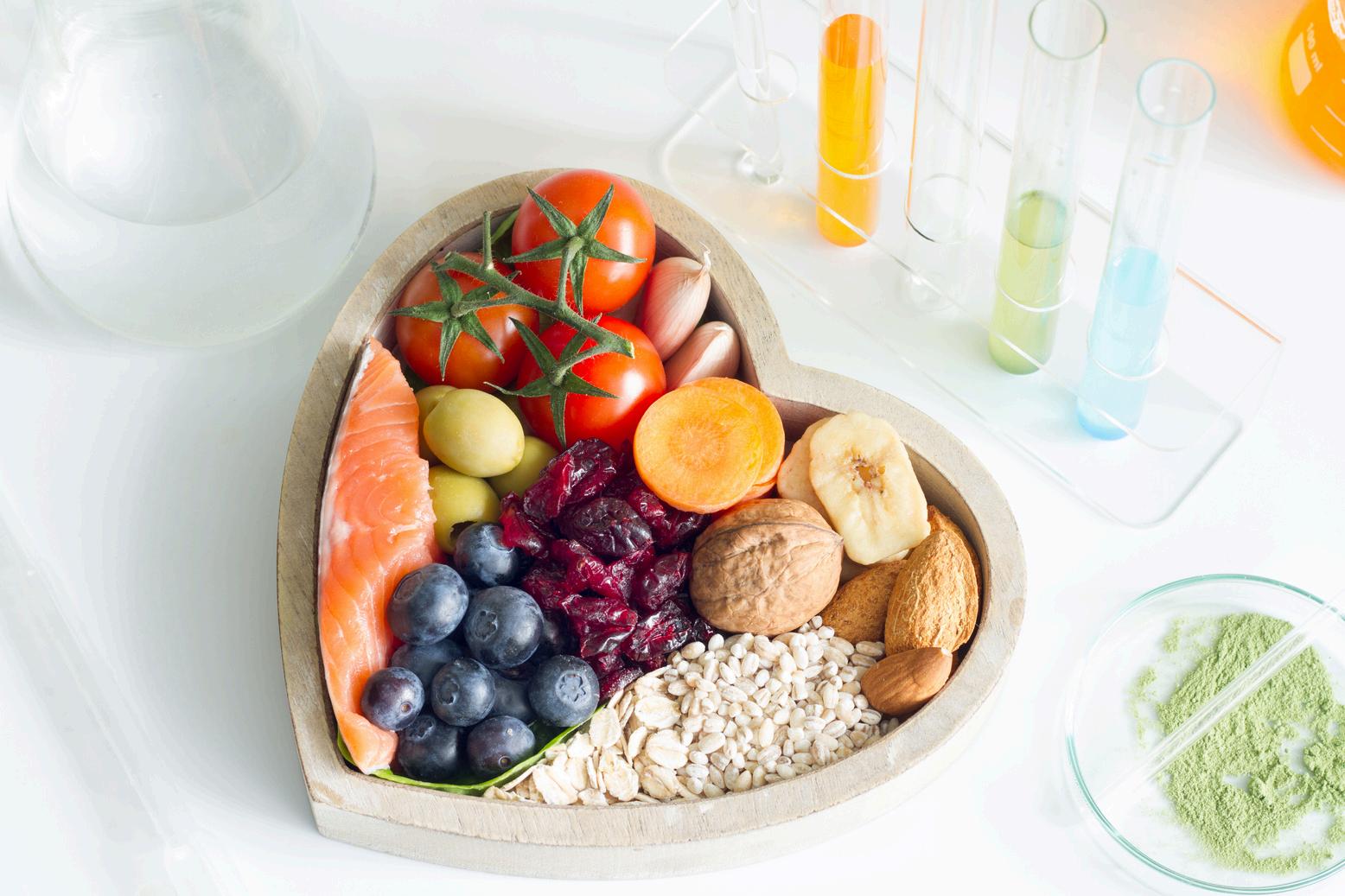
4 minute read
Cardiologists secrets for a healthy heart.
by Brigitte Léonard, Ph.D
Almost all advice on reducing cardiovascular risk includes diet, weight loss, exercise programs, and stress reduction recommendations. When we asked eighty cardiologists what they do for their cardiovascular health, their answers fell mainly into these categories. No surprise here. These basic principles for a better life may seem easy, but why is it so challenging to integrate them into our busy lives? Let's explore their vision and how to incorporate these vital elements into our lives for a healthier heart.
Smoking
It's encouraging to see that only one doctor mentioned tobacco, supposing a decline in this harmful habit. Not smoking, exercising regularly, and maintaining a balanced diet can collectively reduce the risk of heart attack by a staggering 86%. This significant risk reduction underscores our lifestyle choices' profound impact on heart health.
Testing, Monitoring and follow up
While adopting a healthy lifestyle is always beneficial, it's crucial to remember that everyone has unique genetic risks for heart disease. Understanding your family history, assessing your risks with a professional, and taking appropriate steps to manage them can significantly improve your heart health.
This knowledge empowers you to take control of your health. It makes you more informed and responsible in decision-making about heart health because sometimes a healthy lifestyle is not enough.
"I see my doctor.", "I check my blood pressure and sugar."
"I know my risks, my heredity."
"I have my heart checked regularly."
"I take a statin because of my high cholesterol."
People with a healthy weight might be less susceptible to being screened for blood pressure, cholesterol, and blood sugar. Most of these risk factors are not associated with specific symptoms. Some cardiologists stressed the importance of monitoring these factors regularly.
"I pay attention to female risks, and monitor my hormone levels."
There are particular risks to women related to reproductive hormones and certain diseases more common in women. In addition, menopause deprives women of the beneficial effects of estrogen on blood vessels - including lower cholesterol levels. If you are perimenopause, it is essential to talk to your doctor about these risk factors.
Cardiologists secrets for a healthy heart, con`t
PhysicalActivities
Guidelines target 150 minutes of cardiovascular activities weekly because they reduce blood pressure, increase good cholesterol (HDL), lower bad cholesterol (LDL) and triglycerides,andstabilizebloodsugarlevels.
In addition, regular exercise has proven to be a fantastic stress management strategy. It reduces spikes in cortisol, the hormone associated with stress, which is associated withanincreasedriskofheartattackorstroke.
Time and motivation are the most significant limitations to maintainingasufficientactivitylevelinadulthood.
Time

We have to reprioritize exercise in our lives. We can schedule exercise sessions in our calendars just like we write down a businessmeeting.
Toadoptandmaintainaproperlevelofexercise,weneedtomake it as easy as possible. Integrating exercise into daily activities is oneofthebestwaystoreachthetargetactivitylevelassociated withbetterhealth.Everylittleeffortcounts.
Takethestairs
Parkacertaindistancefromyourdestination
Standasoftenaspossible
ExerciseinfrontoftheTV
Breakdownexerciseintoten-minuteblocks
Motivation train in the morning."
The less the exercise weighs on us, the better our chances of doing it. Motivation is essential to staying active.
Pleasureisdefinitivelyanessentialfactor.
Partners: Wearesocialbeasts;partnerswithtwoor fourlegscanhelpusachieveourobjectivesevenon rainydays.
Measurescanmotivate:apersonisconsideredactive with10000dailysteps.
Timing: Sticking to the training routine is easier if planned in the morning because motivation fades withtheenergyduringtheday.
"I plan my training sessions in my schedule."
"I go to work by bike."

"I have sex often."
"I adopted a dog." "I recruit partners to motivate me."
"I wear a pedometer."
Cardiologists secrets for a healthy heart, con`t
HealthyEating
A 2016 study found that being overweight could take away one to threeyearsoflifeexpectancy,whileobesitycouldtakeawayupto eight.Theeffectiseventhreetimesworseformenthanforwomen.
OK, what are we supposed to do with this statement? We do not know what is good for us anymore. Should we avoid fat or sugar? Should we eat more meat because protein is good now? What a nightmare! Twenty-eight of the cardiologist's responses were relatedtoeatinghabits.Youwillfindasummaryoftheirprioritiesin thefollowingtable.

"I count calories.", "I weigh myself every day."
Reaching and maintaining a healthy weight is work for everyone, evencardiologists.Hereiswhattheydotoavoidgainingweightover time.
Drinking water reduces calorie intake during the day and avoids dehydration, which increases blood viscosity and can damage organs.
Evendoctorscanlearnvaluabletipsfromnutritionists.
Below,wecanseesomeoftheirtrickstoavoidhungeranditsbest friend:poorjudgment.
"Ineverskip breakfast."
"I eat raw fruit and vegetables while preparing the meal" "I have healthy meals delivered, or I prepare my meals for the week."
Some cardiologists follow specific diets or focus on foods they privilege or avoid. Clear, simple trends establish themselves when you review their comments. They avoid highly transformed food rich in transformed sugar (high fructose corn syrup) and trans fat. They also avoid processed meat (sausages, deli) and red meat. There is a clear link between transformed food and red meat and cardiovascular diseases.
We better understand now how different cooking oils affect our heart health. Avoid products with palm oil and instead look for those with canola oil. Olive, Grapeseed, coconut, avocado, and almond oils are also good choices. Frying food is terrible for our health because reusedcookingoilturnsintotransfats,whichclogthearteries.
The Mediterranean, no-white, and vegetarian diets have some common ground. They all recommend eating vegetables, fruit, wholegraincerealproducts,andleanproteinsources.

"I drink a ton of water."
"I took a course on nutrition."
"I follow the Mediterranean diet" "I eat a 'no white' diet" "I tried a vegetarian diet"
The serie of "I avoid "... simple sugars, saturated fats,salty foods. " "I skip hot dog meals"
"I avoid frying." "I choose my cooking oils carefully."
Cardiologists secrets for a healthy heart, con`t
Fruits and whole grain products should be the preferred source of sugar. They contain more fibres than white and transformed products. Soluble fibre protects the heart by absorbing lowdensity lipoproteins – the 'bad' cholesterol – and facilitating their excretion. Berries contain natural antioxidants (like vitamins C and E) and anthocyanins (the pigments that give colour)thathelptheheart.
Leanproteincanbechicken,fish,legumes,andeveneggs.Recent studies have shown that a cholesterol-free diet does not necessarily lower a person's cholesterol levels. When the cholesterollevelinafoodishigh,itoftenactsasanantioxidant. Eggsaregreatfoods,withsaturatingproteinsandessentialfats.
Andwhataboutpleasure?Weallhaveonelife,afterall.Dowehave toeliminatechocolate,wine,andfriesfromourlives?No,notatall. Basedoncardiologists'wisdom,thetrickistodrinkmoderately,eat gooddarkchocolate,andeatlessgreasyfriescookedwitholiveoil intheoven.
Supplementsandotherhealthyhabits
"I don't buy fruit juice"
"I read labels carefully"
The serie of "I eat" ... berries every day, a lot of protein, eggs, dark chocolate.
"I make myself less greasy fries in the oven"
A study showed that women who took a multivitamin for more than three years significantly reducedtheirriskofheartdiseaseanddeathfromsuchdisease.
Certain types of probiotics have been shown to significantly decrease bad cholesterol and inflammatory markers that can leadtoheartdisease.
It has recently been proven that the flu vaccine offers protectionagainsttheonsetofatrialfibrillation.
Enough magnesium level in our body reduces the risk of excesscholesterolproduction.
RecentstudiesindicatethatvitaminK2isessentialforheart health. It works by circulating calcium through your bones instead of letting it clog your arteries. Some studies suggest that vitamin K2 can reverse coronary calcification, a disease thatcausesablockageinyourarteries.
Vitamin D deficiency is widespread, and studies have demonstrated that low vitamin D levels are significant predictors of high blood pressure and blood sugar levels, cardiacdeath,heartattacksandstrokes.

"I take a good multivitamin."
"I take vitamin D and K2 supplement."
"I get vaccinated against the flu every year" "I take probiotics."
"I mix magnesium powder in my water"










